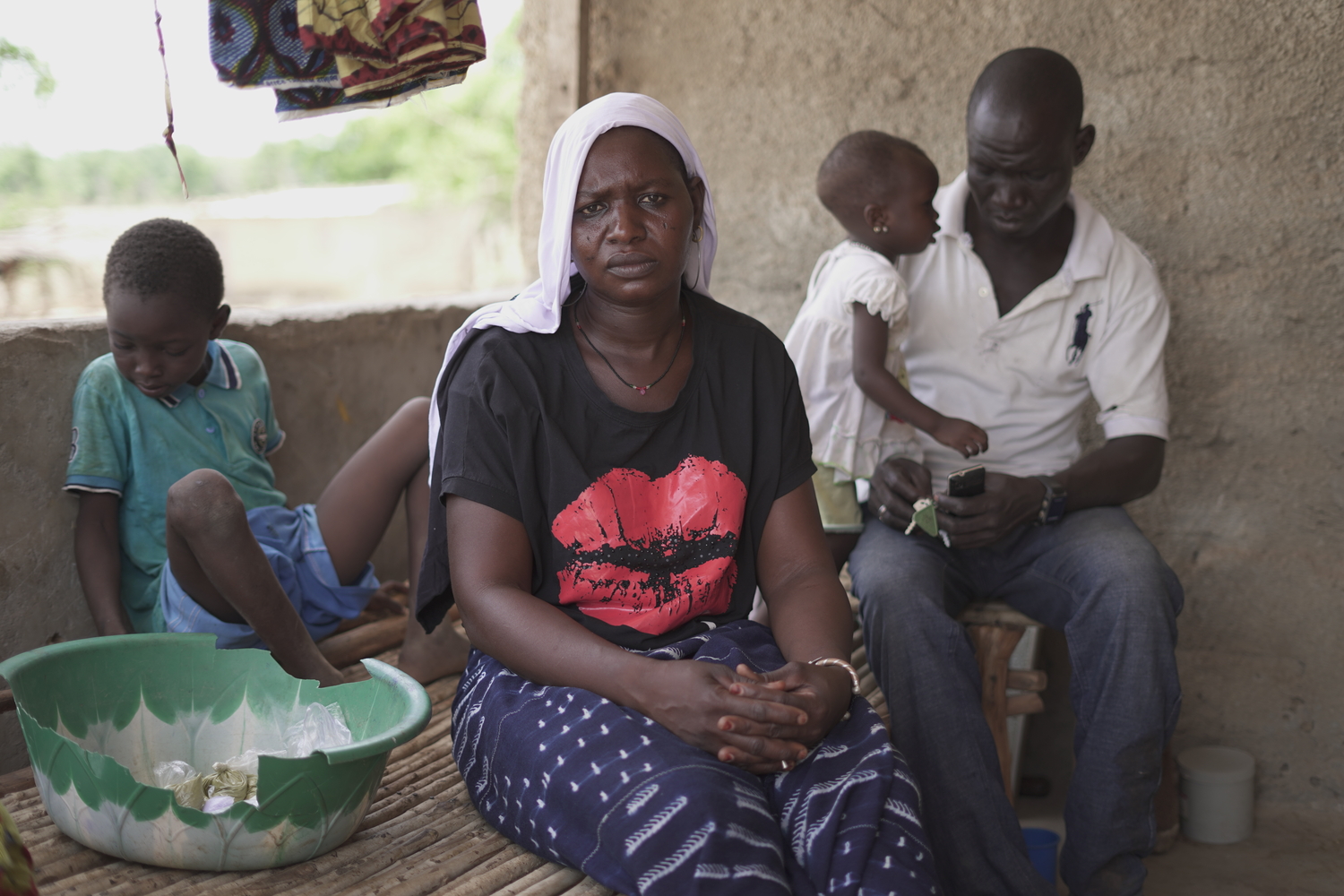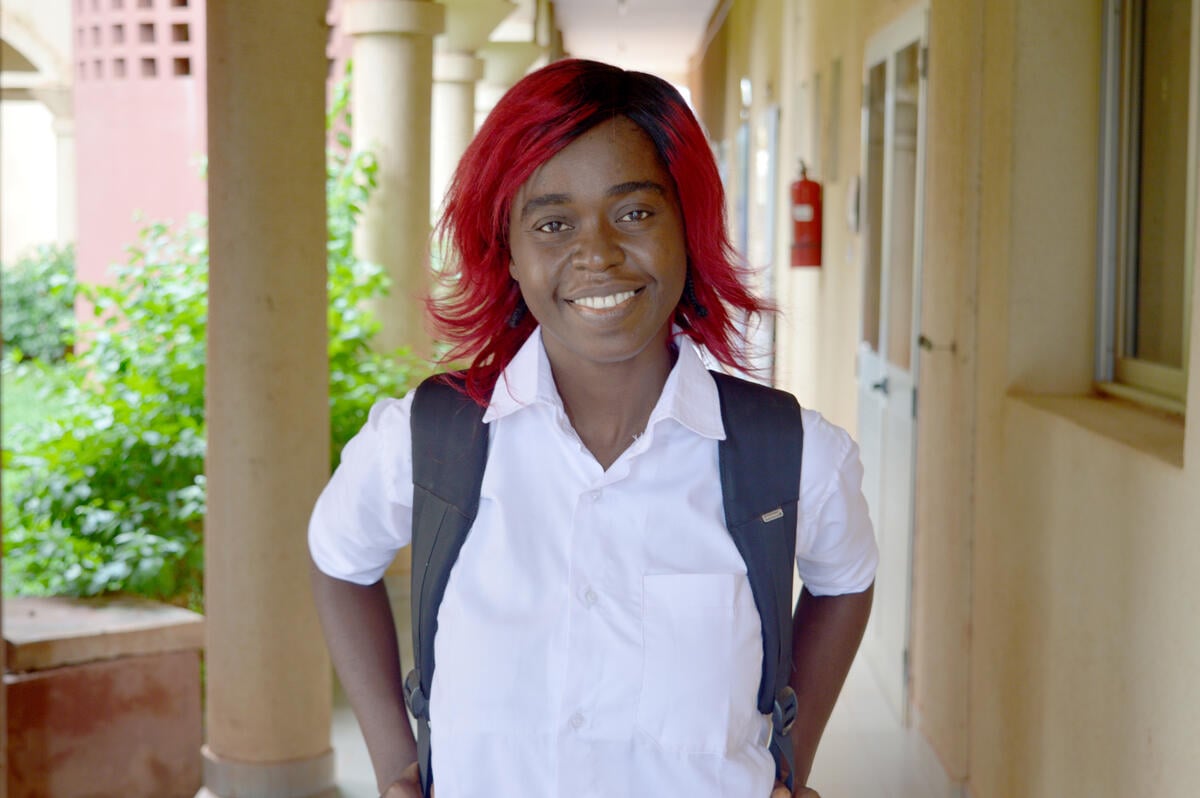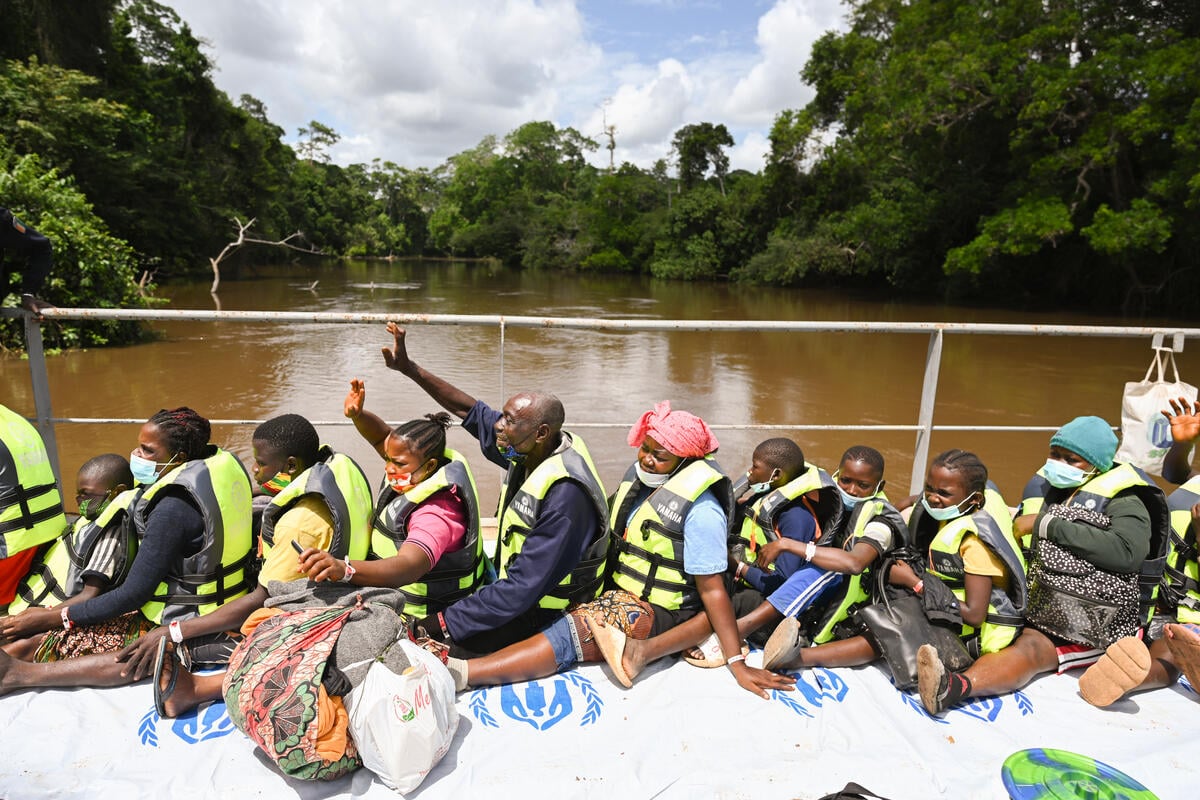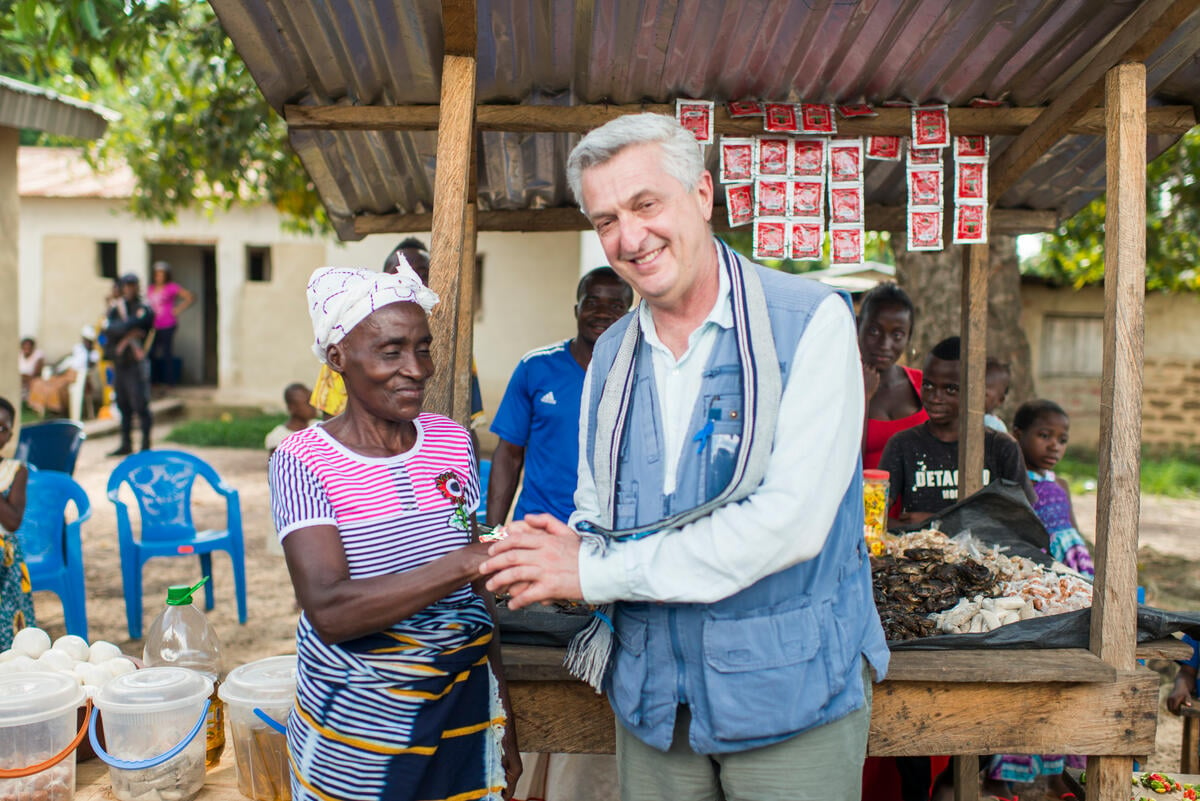UNHCR warns that 'humanitarian space' is shrinking fast in Côte d'Ivoire
UNHCR warns that 'humanitarian space' is shrinking fast in Côte d'Ivoire
UNHCR is warning today that access for humanitarian organizations in Abidjan and other parts of Côte d'Ivoire is shrinking rapidly amid widening insecurity.
In Abidjan, the estimated number of displaced people now exceeds 200,000 - most of these are people who have fled the fighting in Abobo. Many are staying with friends or relatives, but large numbers - possibly a quarter of the displaced - are staying in temporary locations around the city, including in churches and other communal places. These groups are in urgent need of humanitarian help.
UNHCR is seeking access to these vulnerable individuals, including by working through NGOs that we have been coordinating with. But humanitarian space in Abidjan as elsewhere in Côte d'Ivoire is being squeezed hard. Large numbers of refugees from Liberia, who are unable to repatriate, have taken refuge in the UNHCR compound in Abidjan since Monday 28th February.
In Abobo, which is normally home to around 1.5 million people, the recent fighting has disrupted communications by destroying SMS and TV transmitters. We are still very concerned about a group of 60 families trapped inside a church and without proper food, water, or sanitation, and we have appealed to combatants for these people to be let out. Insecurity in Abidjan has also spread to the Deux Plateaux, Cocody, and Koumassi neighbourhoods and the business district of Le Plateau. We are seeing increasing numbers of roadblocks.
Heavy fighting has also taken place in the west of the country around Duékoué as well as in Blolequin about 90 kilometres further south. We estimate that there are currently around 70,000 displaced people in the west and we continue to see large numbers of people crossing into Liberia.
In eastern Liberia itself UNHCR has registered some 40,000 refugees since the elections in November. Since 24 February these have been joined by 32,800 new arrivals putting local communities and the Liberian authorities under considerable strain. Host communities and refugees are in need of food, and road access problems continue to make it difficult to get aid to people in need. Meanwhile UNHCR is rushing to build a second camp








